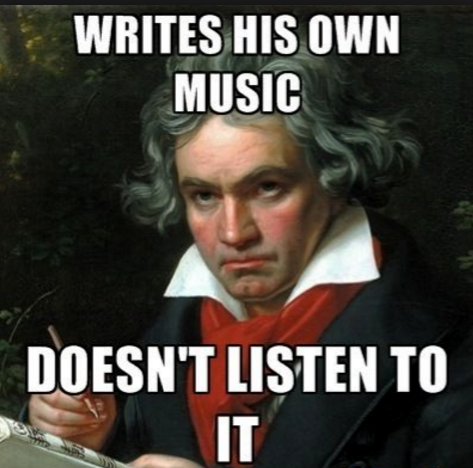Blog
-

Educating music lovers to take care of their hearing
 13 Mar , 2017
13 Mar , 2017
Educating music lovers to take care of their hearing
One hundred years ago—at the time of the first Jazz recording—the only health concern musicians were aware of was avoiding the potentially physical danger of the slide of the trombone. Yet, these early 20th century musicians unwittingly created a revolution of sound that opened the door to a variety of noise-induced hearing disorders for generations to come.
The New Orleans Musicians Clinic (NOMC) was established in 1998 as the first clinic in the United States to provide comprehensive medical care and social services to musicians. Our patients receive in-depth audiograms, free of charge, through our partnership with New Orleans Speech and Hearing which was founded in 1930.
As NOMC Director Lesley Jernigan notes, “The musicians in their 20s to 30s are the most hearing aware. They actively seek hearing protection. The other group committed to hearing protection are sound engineers.” Jernigan believes that this latter group tends to be more educated, having received academic training in acoustics, and many have attitudes that are in sharp contrast to musicians in their 50-60s. “Some [musicians] act as if they don’t really care if they have a hearing loss,” says Jernigan. “If there is deafness, then ‘no problem’; they do not wish to do anything about it. Also, they often are not interested in hearing protection, as they believe ‘I’ve survived this long.’”
Hearing impairment can have a profound effect on the quality of life of any individual—but its impact can be especially profound on musicians. Perhaps the most famous musician with hearing loss was Ludwig van Beethoven. It is believed that his symptoms began with tinnitus, which progressed to interfere with his ability to hear music. By the time he was in his mid-40s, Beethoven’s hearing loss had progressed to the point where he had to sit on the floor and place his ear to his modified piano to feel the vibrations. His famous Heiligenstadt Testament, a letter to his two brothers, poignantly reflects his despair over his hearing loss. He became markedly depressed and even considered committing suicide, but in the end, his passion for music helped him to complete his artistic destiny.
Today, noise-induced hearing disorders impact more than 15% of Americans ages 20 to 69—or 26 million Americans. Musicians are at particular risk. In their youth, they often feel invulnerable and are eagerly willing to risk any number of senses in a quest for excellence (and adventure). Unfortunately, unbridled pleasure seeking can have long lasting-consequences for both physical and mental well being.
Hearing loss never goes away and has been recently linked to an increased risk of depression in adults of all ages; the prevalence of depression has been shown to increase as the hearing impairment worsens.Research has also demonstrated that, as hearing loss progresses, anxiety incrementally increases as well.
Hearing impairment also exacerbates anxiety-producing situations, even among people who use assistive listening devices. Those who suffer from hearing loss will often begin to have a markedly worsening quality of life associated with avoidance, isolationism, and low self-esteem.
Prevention is crucial to the maintenance of lifelong musical enjoyment. When performing or listening to music, everyone should employ high quality earplugs, position oneself to avoid direct sound exposure, and limit alcohol intake, which can lessen awareness to the pain of louder sounds.
Source:John J. Hutchings, MD, and Bethany Ewald Bultman
Image credit: memecenter





























































































































































































































































































































































































































































































































































































